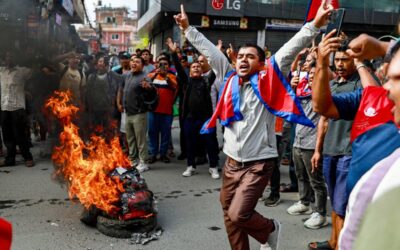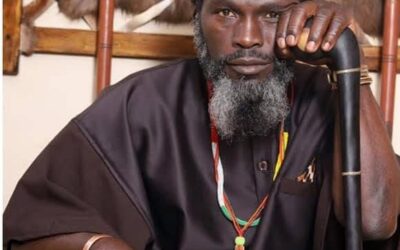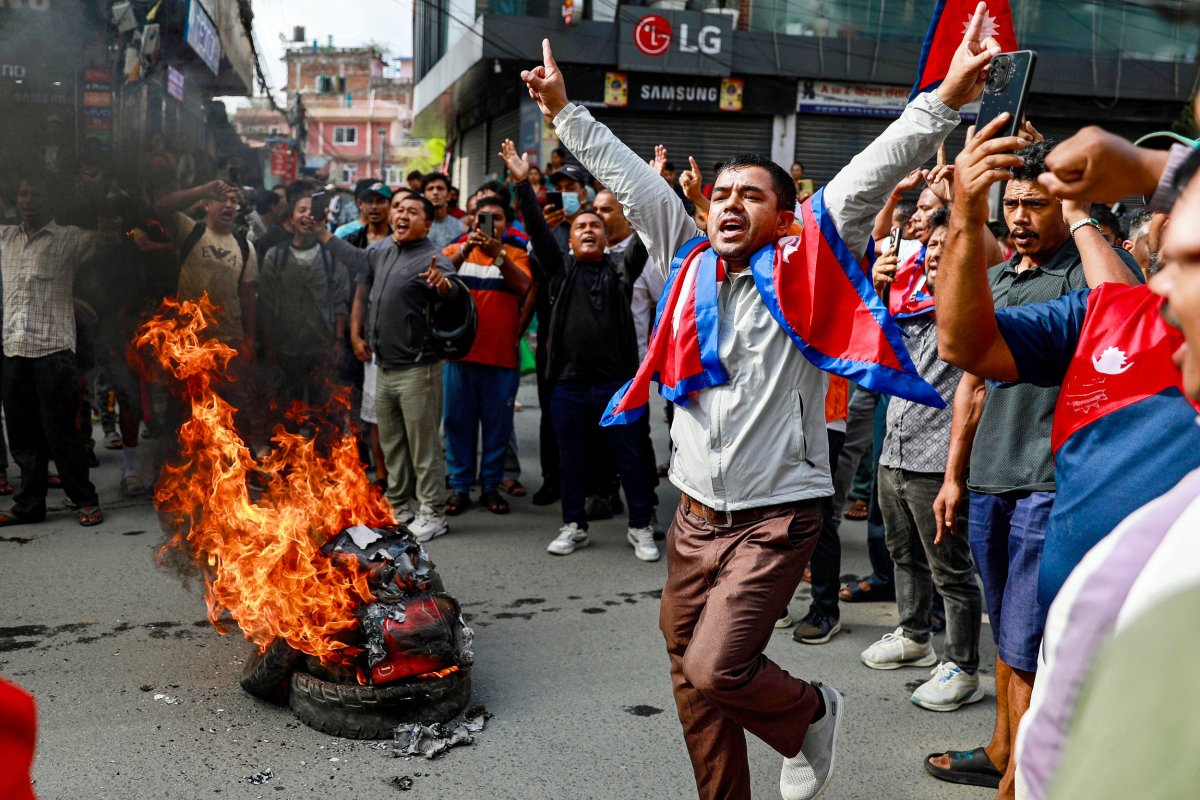How Global Conglomerates Exploit the DRC
The Democratic Republic of Congo (DRC), a country blessed with mineral wealth, has found itself trapped in a vicious cycle of exploitation, conflict, and poverty. The latest criminal complaints filed by the Congolese government against Apple subsidiaries in France and Belgium highlight the deeply unfair transactions that have become the symbol of global conglomerates operating in Africa. These accusations bring to light how multinational corporations continue to profit from resources tainted by violence, forced labor, and environmental destruction.
The DRC is home to some of the world’s most sought-after minerals, including tin, tantalum, tungsten, and cobalt. These minerals are critical for manufacturing electronics such as smartphones, laptops, and electric vehicles. However, much of this mineral wealth is extracted under harrowing conditions, with armed groups controlling mines in the eastern regions of the country. These groups finance their activities through the exploitation of these resources, perpetuating violence, human rights abuses, and child labor.
In the recent complaints, Congolese lawyers accused Apple of sourcing minerals from conflict zones and allowing these “blood minerals” to enter international supply chains. “These activities have fueled a cycle of violence and conflict by financing militias and terrorist groups and have contributed to forced child labor and environmental devastation,” the legal team argued. Rights groups have long asserted that minerals from both legitimate and conflict-controlled mines are smuggled into neighboring Rwanda, which denies any involvement in such practices.
This issue is not unique to Apple; it emphasizes a broader pattern of exploitation by global conglomerates that have thrived at the expense of Africa’s natural wealth. The minerals extracted under inhumane conditions are “laundered” through international supply chains, eventually ending in consumer products sold in wealthy nations. The profits generated from these products rarely benefit the people of the DRC. Instead, they enrich foreign corporations and perpetuate underdevelopment and instability in the region.
As former South African President Thabo Mbeki once noted, “Africa is a paradox that illustrates and highlights neo-colonialism. Her earth is rich, yet the products that come from above and below the soil continue to enrich not Africans but others.” The situation in the DRC is a glaring example of this paradox, where wealth beneath the ground translates to misery above it.
Prominent African leaders and thinkers have repeatedly emphasized the importance of Africa asserting control over its resources and breaking free from exploitative economic relationships. Ghanaian President Nana Akufo-Addo has stressed, “We need to, as a continent, move away from being exporters of raw materials and add value to our resources. It is time for Africa to become self-reliant.” Similarly, Julius Malema, leader of South Africa’s Economic Freedom Fighters, has argued that “Africa must reclaim its wealth. We cannot allow foreign companies to continue exploiting us while our people remain in poverty.”
To achieve self-sufficiency, Africa must build its capacity for resource processing and manufacturing. By investing in local industries, the continent can create jobs, increase its share of global profits, and ensure that its resources benefit its own people. Additionally, stronger governance and transparency mechanisms are essential to curbing corruption and preventing the illegal extraction of minerals by armed groups.
While African nations must take decisive action, the international community also bears responsibility. Consumers and advocacy groups must demand greater transparency from corporations about their supply chains. Governments in resource-importing countries should implement stricter regulations to ensure that companies do not profit from conflict minerals.
As Patrice Lumumba, the first Prime Minister of an independent Congo, once said, “Political independence has no meaning if it is not accompanied by rapid economic and social development.” For the DRC and Africa at large, breaking free from the exploitation of global conglomerates is not just an economic imperative but a moral one.
The complaints filed by the DRC against Apple subsidiaries should serve as a wake-up call. They highlight the urgent need for systemic change to end the exploitation of Africa’s resources and to ensure that its wealth benefits its people. Only then can the DRC and the continent as a whole begin to heal from the wounds of exploitation and conflict and move toward a future of true independence and prosperity.
Maverick Point







Heartbreaking to see the exploitation of the DRC’s mineral wealth by global conglomerates, perpetuating poverty, violence, and human rights abuses. Change is long overdue.
Thanks for the content Maverick Point